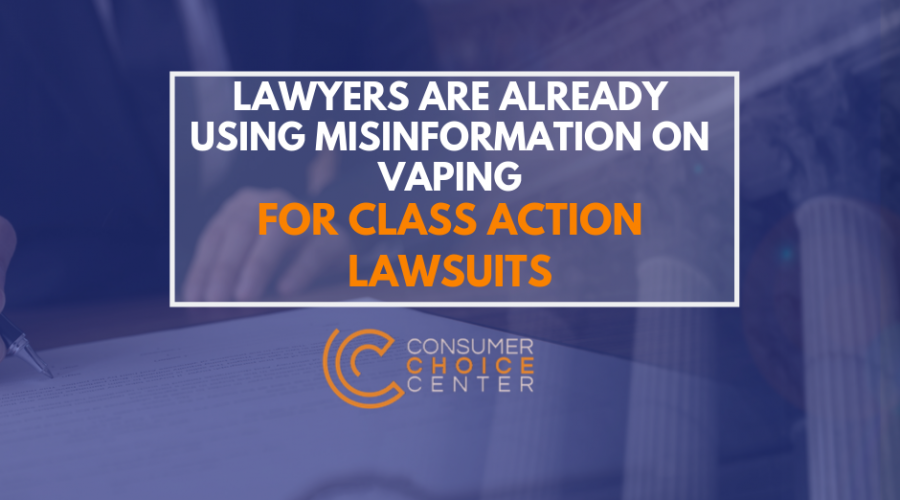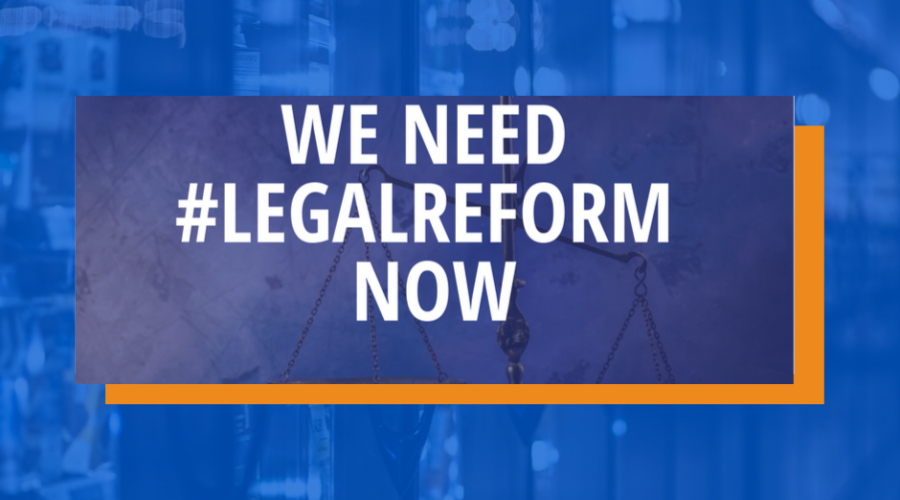Tort reform should be part of criminal justice reform
Criminal justice reform appears to be one of the rare items that Republicans and Democrats agree on.
At the federal level, the First Step Act was a huge step forward in regards to righting historical wrongs. Anyone who has cared about criminal justice reform, on both sides of the aisle, saw the Act as a meaningful piece of legislation.
At the state level, chipping away at the war on drugs, via cannabis legalization, has begun to take hold in states. In Illinois, cannabis legalization is due by the first of next year, and that will be a net positive for residents.
But more can be done to make the justice system more fair and just. Earlier this month, a ranking of state legal systems was released by the Institute For Legal Reform. Atop the list is Delaware, which scored first place by curbing meritless class actions, having high-quality judges, and by having a stable and predictable legal climate. At the bottom of the list, at 50th, is the state of Illinois.
Illinois, weighed down by the poor scores of Madison and Cook County, failed to rank above 48th in any of the 10 categories evaluated in the report. Despite the fact that the national trend in criminal justice is moving towards fairness, Illinois is lagging behind. That’s a problem worth addressing.
How did Illinois rank so poorly? Much of the state’s poor performance comes from the fact that the state’s legal system is ripe for frivolous, and sometimes abusive, litigation. For example, recent class actions on the use of asbestos filed in Illinois have actually been on behalf of plaintiffs who don’t live in the state. Some 92% of Illinois’ asbestos plaintiffs aren’t actually from Illinois. If that has you scratching your head, you aren’t the only one.
Illinois has set itself up as the bogus lawsuit capital of the United States, mostly on the back of the Illinois Supreme Court ruling on biometric scanners. In that case, plaintiffs rightfully wanted to have their privacy protected. Unfortunately, the state Supreme Court ruled in that case that plaintiffs didn’t actually have to prove that they were harmed in order to sue. This precedent has cleared the way for Illinois courts to be filled with frivolous class actions, most of whom aren’t actually from the state at all.
This technical point in the legal system matters in the context of criminal justice reform because it makes a state court system that is increasingly unpredictable, and increasingly unfair. Tort law exists in the United States for the purpose of punishing harmful behavior and civil wrongs, but that is being distorted. Unfortunately, the thousands of tort law firms that exist in the United States now see Illinois as the perfect jurisdiction to bring forth their often outrageous and frivolous class actions. The situation has become so dire that bogus lawsuits cost Chicago area taxpayers upwards of $3.8 billion in 2018.
There is a tort crisis in the United States, which is soaking taxpayers, driving up costs for consumers, and ultimately distorting the purpose of tort law altogether. Unfortunately, Illinois has allowed itself to become ground zero for this growing problem, which is a huge disservice to all residents.
As part of Illinois’ push for criminal justice reform, legislators should seriously look at how the state court system is being abused, and ensure change is made to make Illinois’ courts fairer, and ultimately, more just.
Originally published here.
The Consumer Choice Center is the consumer advocacy group supporting lifestyle freedom, innovation, privacy, science, and consumer choice. The main policy areas we focus on are digital, mobility, lifestyle & consumer goods, and health & science.
The CCC represents consumers in over 100 countries across the globe. We closely monitor regulatory trends in Ottawa, Washington, Brussels, Geneva and other hotspots of regulation and inform and activate consumers to fight for #ConsumerChoice. Learn more at consumerchoicecenter.org.






